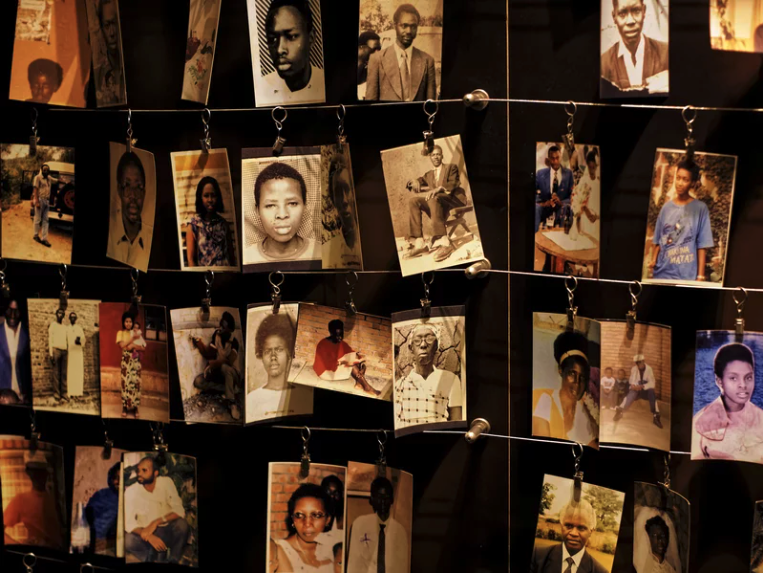The international community is still grappling with the devastation and complexity of the 1994 Rwandan Genocide. What concerns scholars is not only the sheer magnitude and speed of the genocide, but also the intimacy of the violence. BCC News (2019) estimates that 800,000 Tutsi and moderate Hutu were murdered by their Hutu neighbors, family, and friends. In their study, Kang et al. (2021) investigate how Rwandan parents’ experiences of the genocide have impacted their children’s attitudes towards members of the other ethnic group.
Kang et al. (2021) theorized that parents’ prejudice toward members of the other ethnic group would negatively affect their children’s attitudes in both survivor and perpetrator households. The authors interviewed 588 members of Tutsi and Hutu families in the Muhanga District (Kang et al., 2021). Prejudice was measured based on numerous factors, including negative stereotypes, forgiveness, and willingness to reconcile and interact with the other ethnic group.
Importantly, the study found that children’s, and to a lesser extent parent’s, interactions with members from the other ethnic group moderated transgenerational prejudice in Rwanda. Tutsi children from survivor households expressed positive attitudes towards the other ethnic group based on their interactions with Hutus. Strong family connections also motivated positive perceptions in Tutsi children. Hutu children from perpetrator households endorsed positive attitudes towards the other ethnic group based on their interactions with Tutsis. Hutu children also exhibited positive perceptions when a family member who participated in peace programs was present in the household. Close proximity renders natural interactions between Hutus and Tutsis possible in Rwanda. Thus, children’s and parents’ participation in and beyond the peace efforts instituted by local and school authorities encouraged positive intergroup attitudes.
These results highlight the significance of both family and non-family influences on children’s positive attitudes toward members of the other ethnic group in Rwanda. Past research has demonstrated that children adopt their parents’ attitudes and beliefs around issues of identity. However, Kang et al.’s (2021) study shows that frequent contact between Hutus and Tutsis in and beyond peace-building programs has moderated the transmission of transgenerational prejudice. This study provides essential insights for conflict resolution scholars striving to promote national reconciliation in post-genocide contexts.
References:
BBC News. (2019, April 4). Rwanda Genocide: 100 Days of Slaughter. British Broadcasting Corporation. Retrieved April 8, 2022, from https://www.bbc.com/news/world-africa-26875506
Kang, E., Mbonyingabo, C., Qin, L., Mwemere, G. K., Charvonia, A., Snyder, J., Lopez, V. C., & Kimball, C. N. (2021). Is Outgroup Prejudice Passed Down Generationally in Rwanda After the 1994 Genocide Against the Tutsi? Peace and Conflict: Journal of Peace Psychology, 28(1), 49–62. https://doi.org/10.1037/pac0000578
